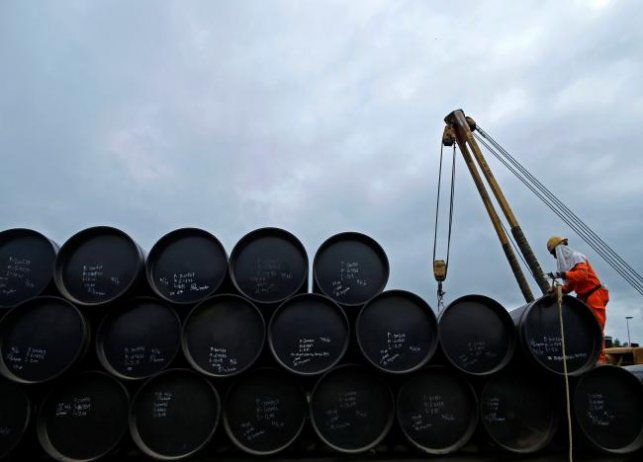
A tax proposed by Singapore on emissions of greenhouse gases will likely cover the city-state's oil refineries, a government official said on Tuesday, driving up costs in one of the region's key energy hubs.
Singapore said in budget proposals announced on Monday that a carbon tax on direct emitters was set to be introduced from 2019.
"The proposed threshold that we are looking at is 25,000 tonnes of carbon dioxide equivalent of greenhouse gas emissions annually (and) the refineries exceed this threshold," the government official told Reuters in an email, declining to be identified.
The government is looking at a carbon tax rate of S$10-20 ($14.08) per tonne of greenhouse gas emissions, it said on Monday.
The government estimated that would add around $3.50 to $7 to the cost of processing a barrel of crude into refined oil products such as diesel or gasoline. Benchmark crude prices stood at around $56 per barrel on Tuesday.
Refineries in Singapore currently pay no taxes on carbon emissions, so such a tax would weigh heavily on the industry's profit margins, which are already under pressure from rising competition in China, India and the Middle East.
Power futures on the Singapore Exchange for delivery in the first quarter of 2019 rose almost 1 percent on Tuesday, indicating that markets expect operational costs to increase for power intensive industries, including oil refiners.
A carbon tax, taken out of every tonne of CO2 equivalent pumped out in emissions by industries, would be a particular blow to older and less-efficient refineries.
The tax would also hit whole sale electricity prices as utilities pass on higher costs to their customers.








